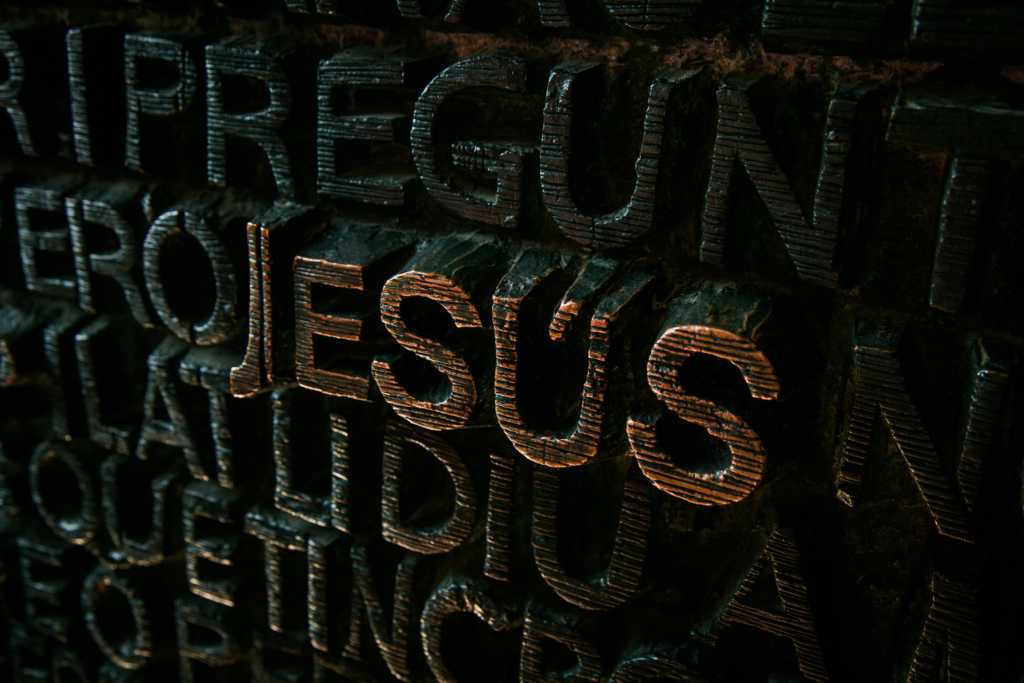Day 2:
And they came to Jerusalem. And he entered the temple and began to drive out those who sold and those who bought in the temple, and he overturned the tables of the money-changers and the seats of those who sold pigeons. And he would not allow anyone to carry anything through the temple. And he was teaching them and saying to them, “Is it not written, ‘My house shall be called a house of prayer for all the nations’? But you have made it a den of robbers.” And the chief priests and the scribes heard it and were seeking a way to destroy him, for they feared him, because all the crowd was astonished at his teaching. And when evening came they went out of the city.
Mark 11:15-19
Having been in the temple the night before, Jesus knew what to expect as he and his disciples returned on Monday. Merchants and money-changers in the outer court—the Court of Gentiles—were selling animals needed for sacrifices, and profiting from the exchange of money for shekels to pay the temple tax. God’s house of worship and prayer had become a place of abuse and exploitation; something had to be done.
About 500 years prior, Malachi prophesied that the Messiah would come to the temple and purify his people (Mal 3:1-4). As he had done the day before, Jesus fulfilled another prophecy—but did it in a way that revealed his authority over the temple, as well as his holiness.
As he turned over tables and seats, and chased people out, Jesus quoted two Old Testament texts. One reminded violators that the temple was a place of prayer for all the nations (Isa 56:7), and the other accused them of vain worship while actually living in disobedience (Jer 7:9-11).
Today’s actions, coupled with such a warm reception yesterday upon his arrival, only forced the religious leaders to strengthen their resolve to destroy Jesus. The crowds loved him; they were astonished by him. The chief priests, on the other hand, needed to eliminate him; they couldn’t allow Jesus to grow any more popular with the common people, nor could they let him upset their established rule.
But Jesus did not—will not!—give up his claim on vessels of worship. He cleansed the temple in Jerusalem because it belonged to him. He had authority over it, and it was being profaned, exploited, and abused; Jesus would not stand for it. He still won’t. He came to make the temple holy, and it’s no different today. Jesus lives in his people; we are his temple (1 Cor 6:19-20). And when he arrives he cleanses us, makes us holy, and makes our whole lives places of prayer and worship—to make us a dwelling place fit for the King!
Catch up on our 7-day Easter Devotional series:


